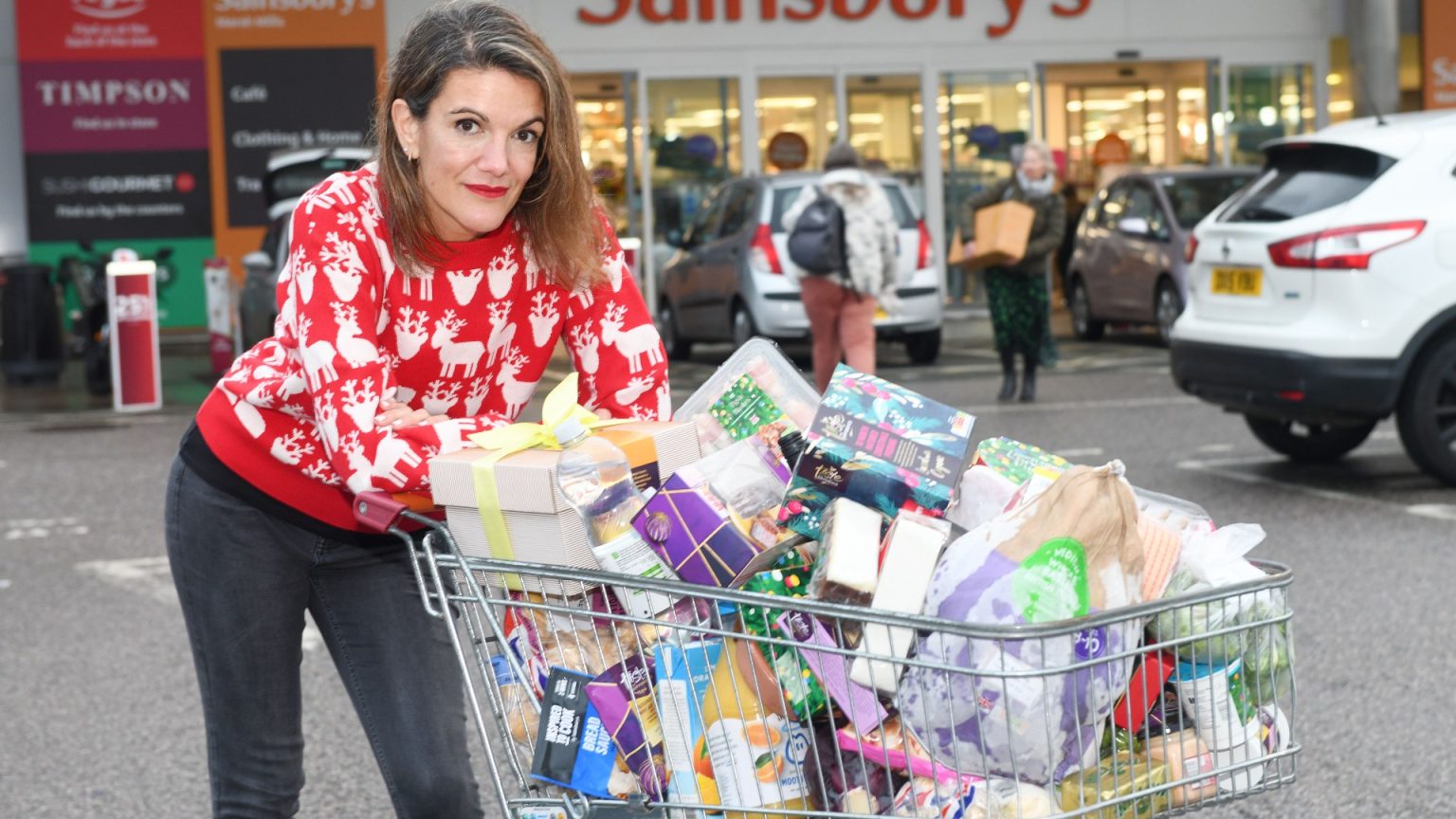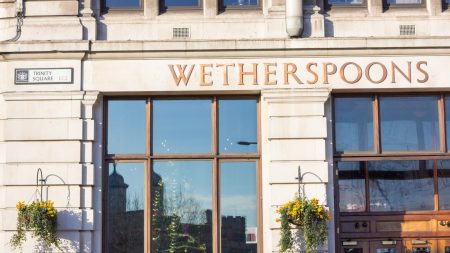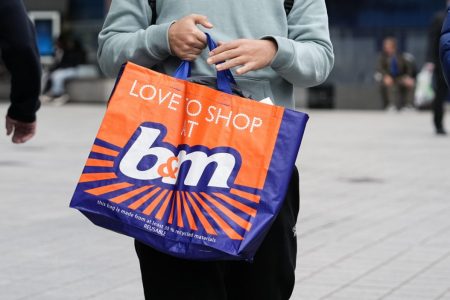The Festive Frenzy Fuels Record Grocery Spending:
The festive season of 2024 witnessed a surge in grocery spending, reaching an unprecedented high of £460 per household, according to data compiled by Kantar. This surge was propelled by a marked increase in supermarket visits, with shoppers averaging 17 trips during December, the highest frequency since the pre-lockdown rush of March 2020. This heightened activity is attributed to a combination of factors, including the festive demand for celebratory treats and savvy shoppers strategically navigating between stores to capitalize on the best deals and promotions offered by different retailers. This competitive landscape resulted in price wars on certain items, like vegetables, where carrots were sold for as low as 8p. However, these localized discounts were overshadowed by an overall increase in food prices, with food inflation escalating to 3.7% in December, up from 2.6% in November. This inflation was primarily driven by significant price hikes in juices, chocolate, and skincare products.
Festive Fizz and the Rise of Teetotal Tipples:
Despite the inflationary pressures, the festive spirit remained undeterred, with 7.4 million households purchasing celebratory bottles of fizz. Interestingly, a growing trend towards non-alcoholic beverages emerged, with almost one million households opting for zero or low-alcohol sparkling wine. This shift aligns with a broader movement towards mindful drinking, gaining momentum throughout the year. Kylie Minogue’s own brand of non-alcoholic fizz, launched in 2022, alongside Aldi’s own-label range, significantly contributed to the growth of this teetotal tipple segment.
Supermarket Winners and Losers in the Festive Race:
Ocado emerged as the clear winner in the Christmas supermarket sweepstakes, registering a 9.6% surge in sales. The online grocer’s success is attributed to its premium positioning and the tendency of consumers to trade up for luxury items during the festive season, treating friends and family to Yuletide indulgences. In stark contrast, Asda experienced a 5.8% decline in sales, a notable outlier in a period where all its major competitors saw growth. While Morrisons, hampered by a loyalty card glitch in the crucial pre-Christmas period, managed a meager 0.4% sales growth, both Tesco and Sainsbury’s performed relatively well, with sales increasing by 5% and 3.5% respectively. This robust performance in the supermarket sector suggests that despite economic uncertainties, Christmas dinner remained a top budget priority for British households. This prioritization of grocery spending was further highlighted by flat sales figures on the high street, according to data from the British Retail Consortium.
Beyond the Supermarkets: Economic Tremors and Triumphs:
The festive period also witnessed significant developments across various sectors of the UK economy. Close Brothers, a financial services firm, faced leadership changes as its CEO stepped down to focus on his health amidst the ongoing fallout of a motor finance scandal. The company’s shares plummeted by 70% in the previous year, reflecting the potential for substantial compensation payouts related to the scandal. Elsewhere, fast-fashion giant Shein faced scrutiny from MPs over its supply chain practices, particularly regarding the potential use of cotton sourced from forced labor camps in China. The company’s refusal to provide transparent answers raised concerns and cast a shadow over its ambitions for a £50 billion listing on the London Stock Exchange.
On a more positive note, the British music industry celebrated a record year, with revenues reaching an all-time high of £2.4 billion, a 7.4% increase from the previous year. This growth was primarily driven by the continued popularity of streaming services and a resurgence in physical sales, particularly vinyl records. Meanwhile, the video game sector experienced a decline in sales, dropping by 4.4%.
Challenges in the Housing Sector and the Rise of Renewable Energy:
The UK housing market faced challenges, with housebuilding activity declining at its fastest rate in six months. This slowdown, attributed to high borrowing costs, weak consumer confidence, and subdued buyer demand, casts a shadow over the government’s ambitious target of building 1.5 million homes. The construction sector as a whole felt the impact of this downturn, with the S&P Construction Purchasing Managers’ Index falling for the third consecutive month.
Finally, in a significant milestone for the UK’s energy transition, wind power surpassed gas as the country’s largest source of electricity. Wind power accounted for 30% of electricity generation, compared to 26.3% from gas. This shift marks a significant step towards a greener energy mix, further bolstered by the closure of the UK’s last coal power station. However, despite this progress, the UK still faces a considerable challenge in achieving its target of 95% clean energy by 2030, particularly given the continued reliance on gas boilers for domestic heating.











